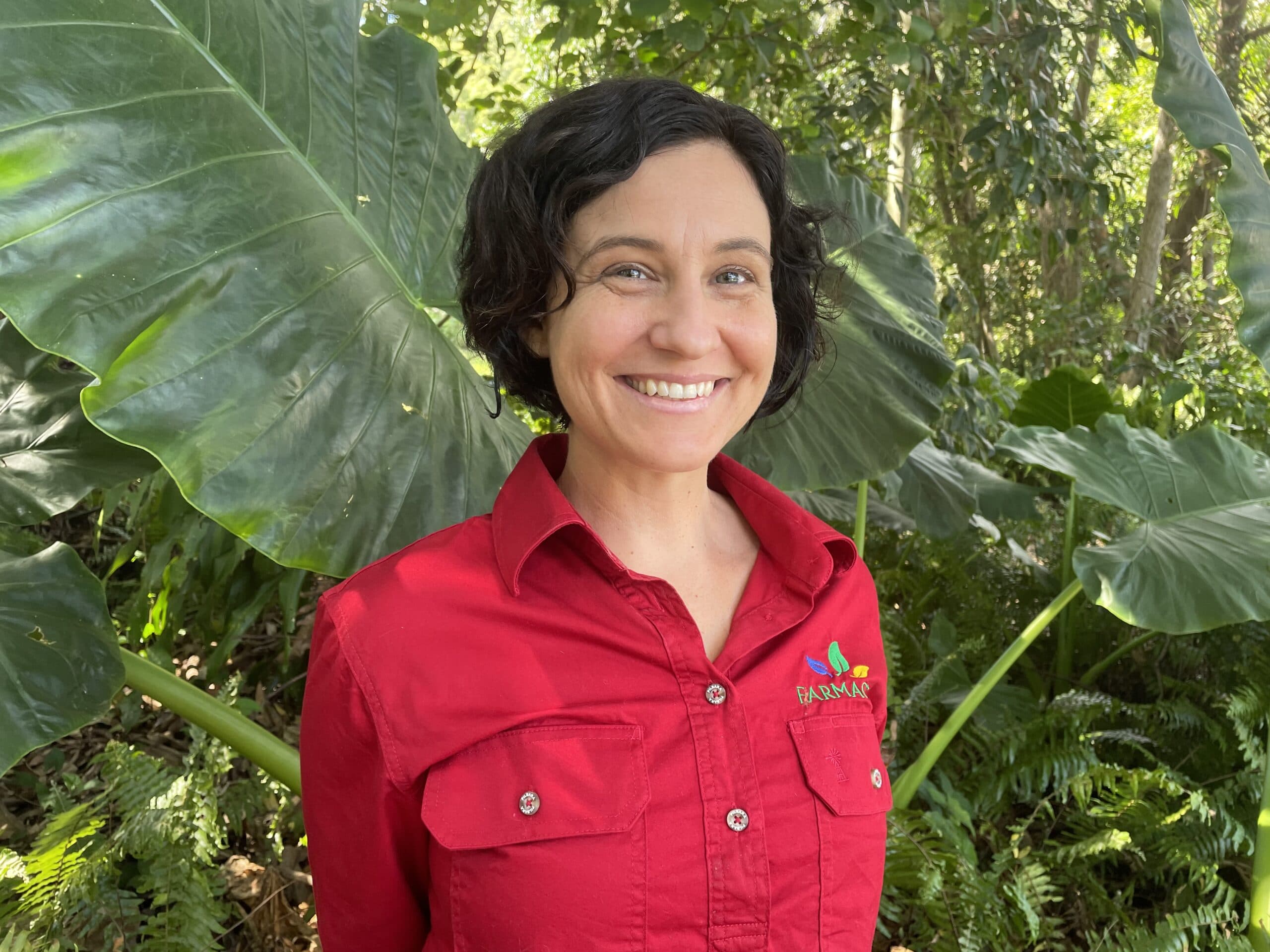Belinda, can you please tell us about your project in three sentences or less?
The Enhanced extension for the Australian tea tree industry project addresses a gap in extension and communication activities for tea tree growers and their advisors. The project is designed to provide extension service to tea tree growers, oil producers and service providers which will accelerate the adoption of research and development with a focus on projects funded by AgriFutures Tea Tree Oil Program.
Alice will be working with growers in Northern NSW, and I will be working with tea tree growers in north Queensland. Our role will be to help growers access information from existing research on tea tree production and provide advice to help solve agronomic issues.
How do you define extension and why is it important (particularly for the tea tree oil industry)?
Agricultural extension is about understanding the challenges and aspirations of an industry, such as the tea tree industry and creating science-based activities and resources that support individual producers. Extension is also about relationships and understanding the challenges and aspirations of each individual enterprise so that support and guidance provided is appropriate and useful.
Because of the size of the industry, its maturity as an industry (considered a cottage industry only a short time ago) and in the absence of an extension program, producers have often been left to solve problems and develop solutions alone. In some respects, this has benefited the industry. In northern Queensland growers have developed a close and supportive network, sharing information among each other, and offering advice to new members of the industry. In the absence of a dedicated extension program and activities for growers, particularly in northern Queensland, growers have learned from trial and error where perhaps the answers already existed. Presenting this information to growers in an accessible and targeted way, can save growers money, time, and help with solving problems. Extension staff can also assist in supporting strong networks similar to the group in north Queensland. Extension activities like events and resources can support the sharing of key learnings and grower experiences.
What’s your background and how has your career to date led you to leading/working on the tea tree oil extension program?
In my career so far, I have worn many hats from education to communications, spanning journalism, teaching, natural resource management and applied research and extension in agriculture.
For the past six years I worked with Sugar Research Australia running applied extension programs focussed on herbicide and nutrient management for sustainable production in the wet and dry tropics. And prior to this I worked with Reef Catchments Natural Resource Management (NRM) group in Mackay Whitsunday coordinating projects related to sustainable agriculture and innovation in sugarcane and horticulture.
Although I began my career in journalism, my passion for sustainable and thriving rural communities led me to work in NRM and agriculture. In these roles, my skills in interpreting, applying, and communicating science in a practical and meaningful way has been a great benefit.











